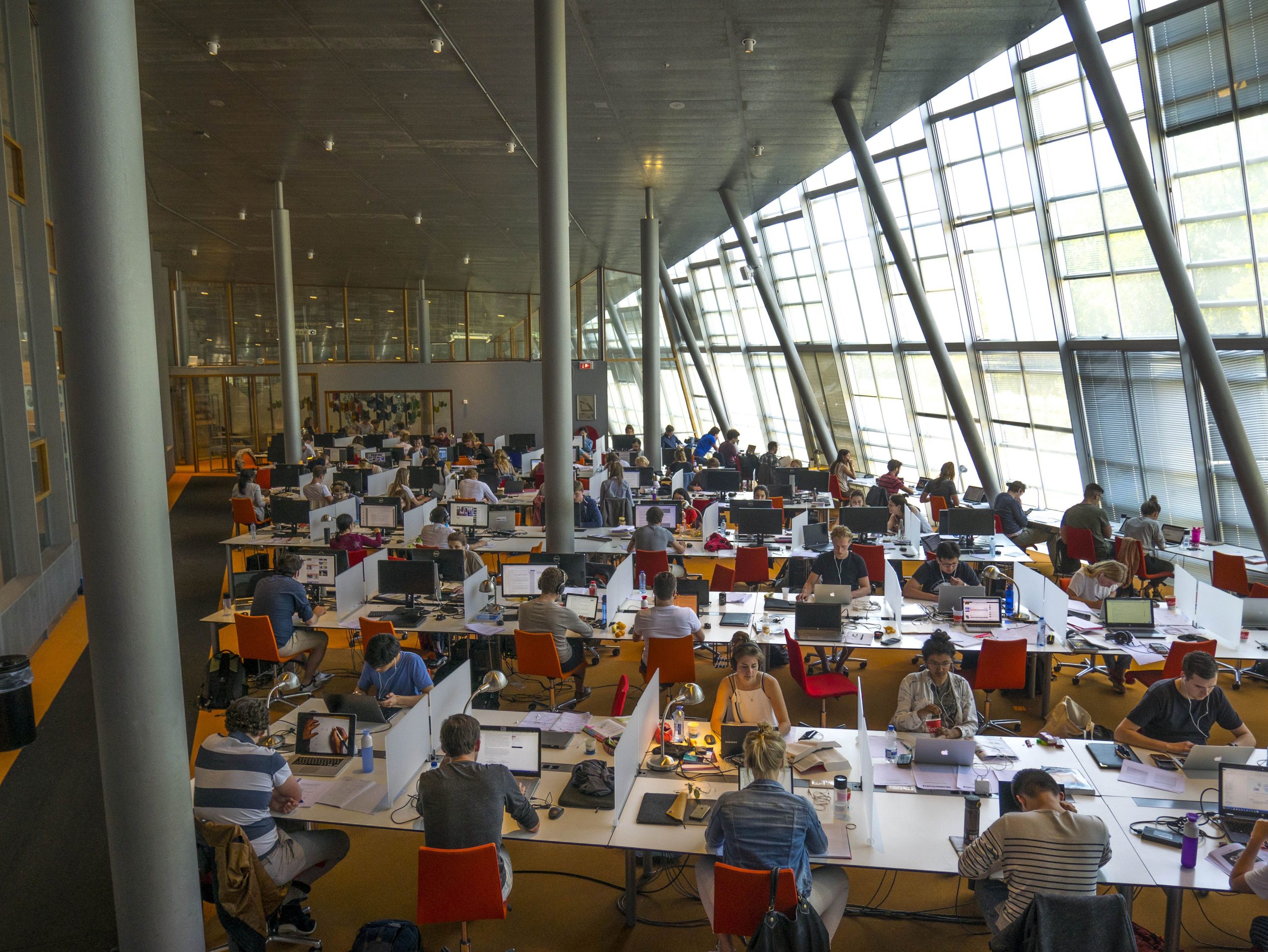Phd-student Ali Haseltalab is concerned about ‘the negative effects of the commercialisation of universities’. He will explain what he means in this blog.
In the previous article, I discussed my reasons for believing that TU Delft fails in offering most of the attributes inherent to a university. In this article, I will discuss the global decline of universities, which includes TU Delft. I will also discuss the negative effects of the commercialisation of universities. This theme will be continued in later articles.
‘A highly developed stock exchange cannot be a club for the cult of ethics’. Max Weber
Terry Eagleton, the British intellectual and critic, in his book entitled Culture, explains how capitalism is assimilating what used to be thought of as its opposite: culture. To justify this, there is no clearer example than the global decline of universities.
Universities, which were centres of human critique for centuries, now resemble capitalist enterprises more than any time before. Their role in society is being reduced to sub-divisions of the marketplace where every talk, symposium, conference, research project and education programme is evaluated on the degree to which it influences or enhances the university’s economy.
Bildung
Culture is a complex set of principles, beliefs and morals which later takes the form of social actions and symbiotic behaviours. Culture not only shapes universities, but it also needs to be carved by institutions where critical and constructive thought is promoted and cultivated.
Universities in any dynamic society bear the role of culture shapers as well as having political and social influences. However, this trend is rushing to its end!
Friedrich Nietzsche, the German philosopher, refers to education as ‘Bildung‘, which is defined as self-cultivation in which the aim is to enhance intellectual skills as well as shape personality to reach social and cultural maturation.
Nietzsche argued that since university officials and authorities prioritise other objectives, Bildung has weakened in universities.
Thus, the true significance of universities “to inculcate serious and unrelenting critical habits and opinions”, is being disregarded. Nowadays, it is clear that the main cause of the weakening of Bildung is the corporatisation of universities.
Third party funding
In the 1980s, at the infancy of Neoliberalism and under Margaret Thatcher’s lead in the UK, legislation was introduced to monitor and assess the production of scientific works in universities. This resulted in reducing universities’ autonomy.
The number of scientific papers, patents, students and graduates, namely the ‘national outputs’, became the key factor in the distribution of budgets among universities. Academic tenure was removed, denying the value of intellectual lives, and the misleading assumption that somehow everything is measurable became prevalent in academia and its associated society.
This led to the absurd increase in the number of ‘national outputs’. Furthermore, it also led to mounting greed to attract more funding not only from the government but also from third parties. The pressure on the academics increased and instead of improving the quality of education, the number of students grew.
However, one more destructive – and maybe the most critical – outcome of the legislation was the depleting intellectual capabilities of faculty members, scientists and academics. High work pressure and job insecurity, coupled with an environment in which competing for budgets, publishing papers and supervising high numbers of graduate students became the decisive factors, left no room for either Bildung or for self-construction in which critical attitudes towards the surrounding environment develop.
Moreover, this affected the atmosphere at the university, and is having an impact on students and later generations. Most countries around the globe started to pass similar legislation in which universities’ independence declined and they were forced to align themselves – and indeed become more flexible – towards developing different strategies to attract more budget.
Work pressure
A couple of months ago in Delta, Professor Caspar Chorus reflected on and spoke out about his experience of having a burnout resulting from high work pressure.
He warned against the path that TU Delft has taken and the culture in which TU Delft tries to align itself with to boost its rank, reputation and probably economy. This culture in the language of Margaret Thatcher’s government can be called ‘producing high numbers of national outcomes’.
I certainly believe that the number of people who suffer – or have suffered – from high work pressure is way more than one. The spread of this culture in a university has an impact at the individual level: one’s work lacks concept and this makes way for the notion of absurdity of work.
This influence normally happens in capitalist vocational environments where the main metric of evaluation is the amount of contributions to the institute’s economy. This is especially profound in educational environments where the aim of students and scientists is not to enhance the economy, but Bildung.
And who can disagree that the absurdity of work results in a less enjoyable working environment?
Please contact Delta if you want to respond to this blog.

Since two years, Ali Haseltalab is a PHD student at 3mE, researching “Distributed Control for smart hybrid ship systems”. He and his collaegues intend to design feasible algorithms for motion control and on-board power management of autonomous hybrid-electric ships. Haseltalab did his bachelors at the University of Tabriz in Iran, and his masters at Bogazici University in Turkey.



Comments are closed.